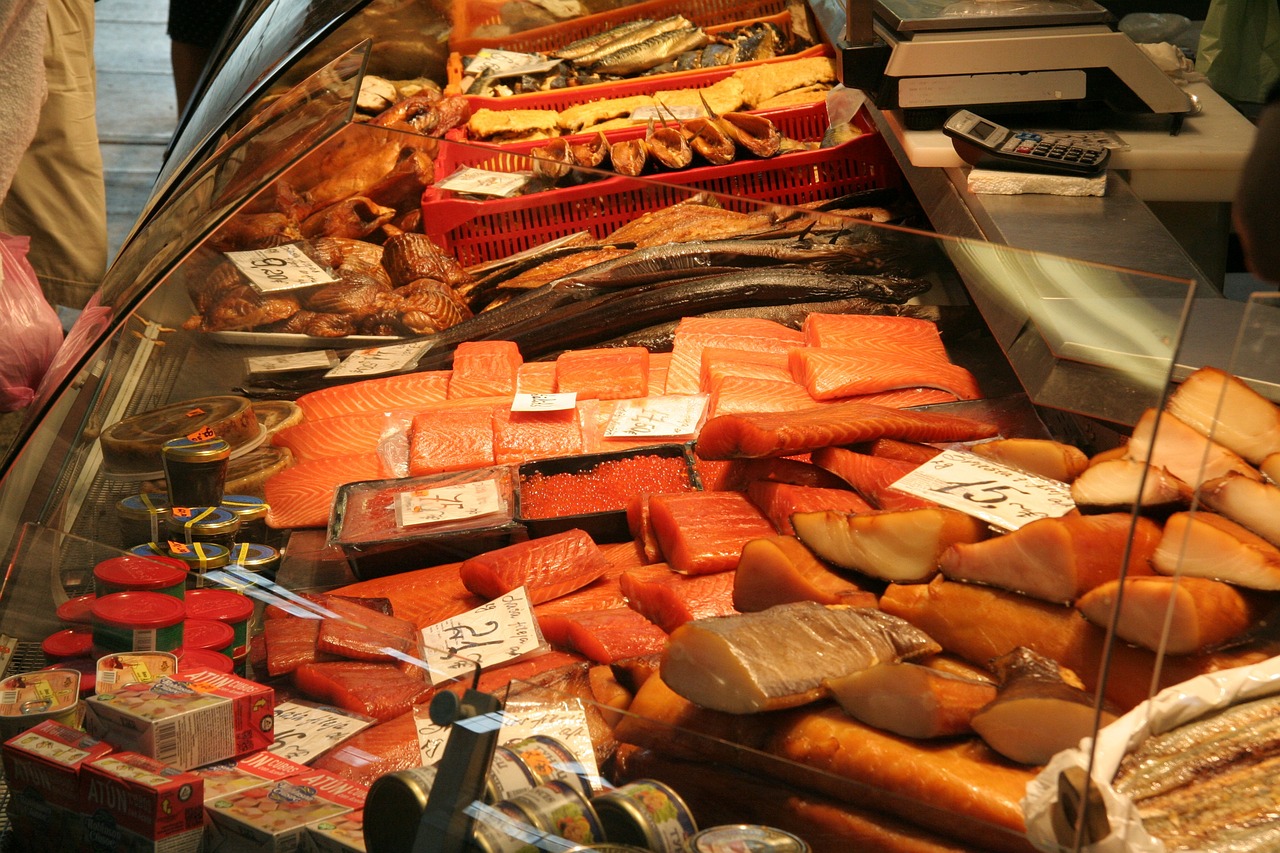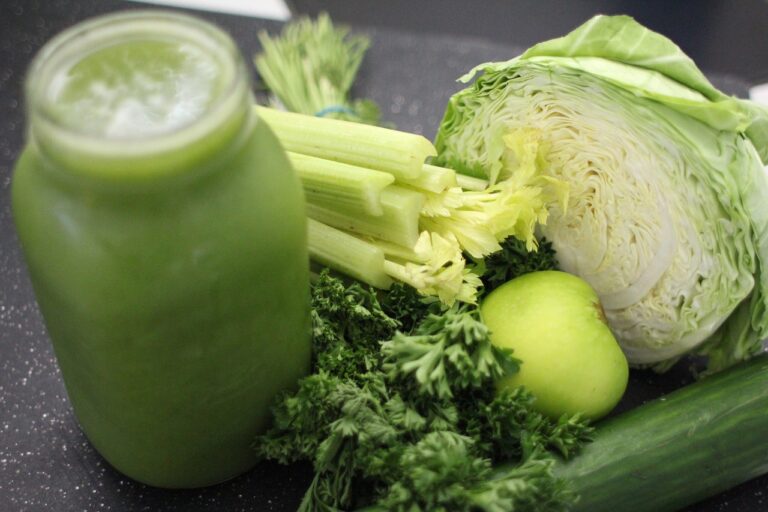The Importance of Bees in Regenerative Agriculture: Cricbet 99, Sky1exchange.con, Reddy anna online book number
cricbet 99, sky1exchange.con, reddy anna online book number: Bees play a crucial role in regenerative agriculture, making them essential partners in sustainable farming practices. Their contribution to pollination not only benefits agricultural crops but also promotes biodiversity and strengthens ecosystems. In this article, we will explore the importance of bees in regenerative agriculture and why their preservation is vital for the future of our food system.
The Role of Bees in Pollination
Bees are some of the most effective pollinators in the natural world. As they forage for nectar and pollen, bees inadvertently transfer pollen grains from one flower to another, enabling the fertilization of plants. This process is essential for the reproduction of flowering plants, including many of the crops we rely on for food.
In regenerative agriculture, the presence of bees is critical for the success of crops. By pollinating a wide variety of plants, bees help increase yields and improve the quality of fruits, vegetables, and other agricultural products. Without bees, many crops would struggle to produce seeds and fruits, leading to decreased productivity and biodiversity.
Enhancing Biodiversity
Bees play a crucial role in enhancing biodiversity within agricultural landscapes. As they visit different plants to gather nectar and pollen, bees facilitate the cross-pollination of various species, leading to genetic diversity and healthy plant populations. This diversity not only benefits crops but also supports a wide range of pollinators and other beneficial insects that contribute to ecosystem health.
In regenerative agriculture, promoting biodiversity is key to building resilient and sustainable farming systems. By creating habitats that support bees and other pollinators, farmers can increase the overall resilience of their fields and reduce the dependence on chemical inputs. Incorporating native plant species and implementing conservation practices can help create a more balanced and diverse ecosystem that benefits both crops and wildlife.
Supporting Ecosystem Services
Bees provide a range of ecosystem services that are essential for the functioning of healthy ecosystems. In addition to pollination, bees contribute to nutrient cycling, soil health, and pest control, making them valuable allies in regenerative agriculture. By supporting bee populations, farmers can improve the overall health of their fields and reduce the need for synthetic pesticides and fertilizers.
One of the key benefits of incorporating bees into regenerative agriculture is their ability to control pest populations naturally. Many bee species feed on insect pests that damage crops, helping to reduce the need for chemical interventions. By creating a diverse and balanced ecosystem that supports natural predators like bees, farmers can effectively manage pest pressures and improve crop health without relying on harmful chemicals.
The Importance of Conservation
Despite their essential role in agriculture and ecosystems, bees face numerous threats that put their populations at risk. Habitat loss, pesticide exposure, climate change, and disease are some of the factors contributing to the decline of bee populations worldwide. To ensure the continued success of regenerative agriculture, it is essential to prioritize bee conservation and create policies that support their protection and wellbeing.
Farmers can play a significant role in supporting bee populations by creating bee-friendly habitats on their land, avoiding the use of harmful pesticides, and promoting sustainable farming practices that benefit pollinators. By working together to conserve bees and other pollinators, farmers can help build resilient and thriving agricultural systems that benefit both people and the planet.
Looking to the Future
As we face the challenges of a changing climate and a growing population, the importance of bees in regenerative agriculture will only continue to grow. By recognizing the vital role that bees play in pollination, biodiversity, and ecosystem health, we can take steps to protect and support these valuable pollinators for future generations.
FAQs
What can I do to support bee populations on my farm?
There are several steps you can take to support bee populations on your farm, including creating bee-friendly habitats, avoiding the use of harmful pesticides, and promoting biodiversity through crop rotation and cover cropping. By incorporating these practices into your farming operations, you can help create a more hospitable environment for bees and other pollinators.
How can I attract bees to my farm?
To attract bees to your farm, consider planting a variety of native flowering plants that provide nectar and pollen throughout the growing season. Avoid using harmful pesticides that can harm bees and other pollinators, and create habitat features like hedgerows, wildflower strips, and nesting sites to support bee populations. By providing a diverse and welcoming environment for bees, you can encourage their presence on your farm and reap the benefits of their pollination services.
What are some of the benefits of bee-friendly farming practices?
Bee-friendly farming practices offer a range of benefits, including increased crop yields, improved crop quality, enhanced biodiversity, and reduced reliance on synthetic inputs. By supporting bee populations and other pollinators, farmers can create more resilient and sustainable farming systems that benefit both the environment and their bottom line. Additionally, bee-friendly practices can help build healthy ecosystems that support a wide range of wildlife and contribute to overall ecosystem health.
In conclusion, bees play a vital role in regenerative agriculture, providing essential pollination services, enhancing biodiversity, and supporting ecosystem health. By recognizing the importance of bees and taking steps to support their conservation, farmers can help build sustainable and resilient farming systems that benefit both people and the planet. By working together to protect and preserve bees, we can ensure a healthy food system for generations to come.







